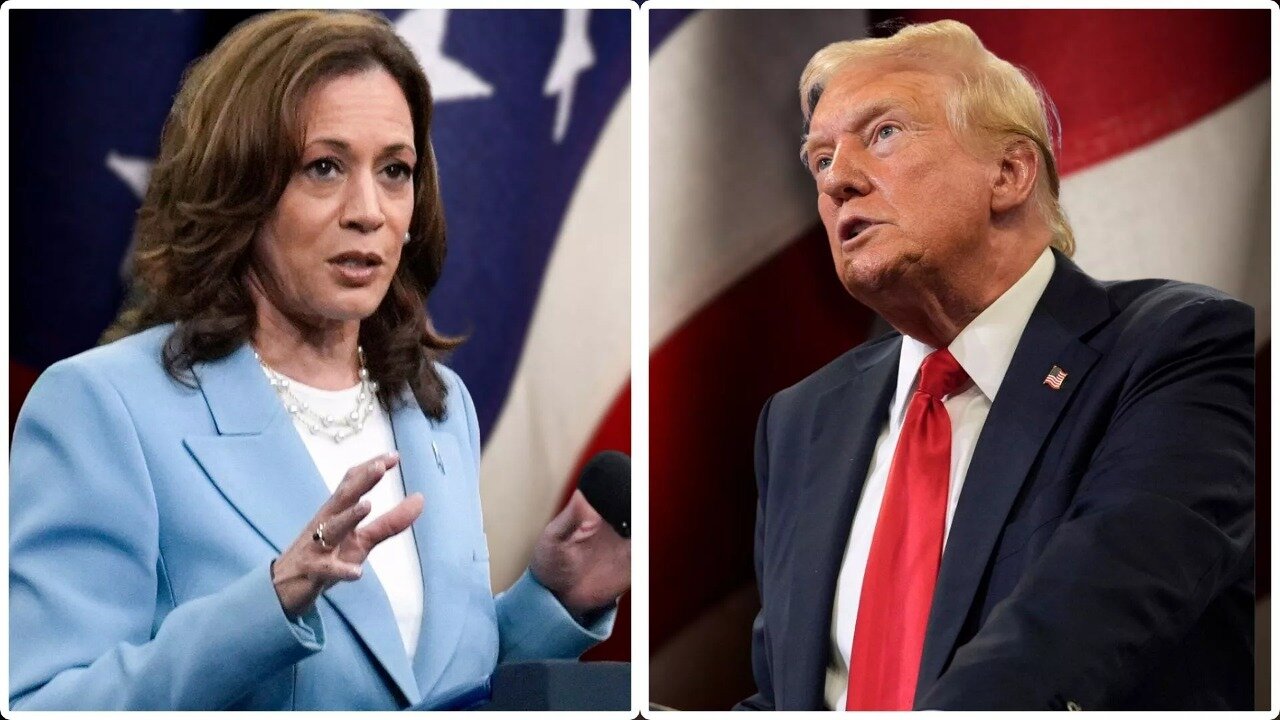The Decline of Harris in Polls Following the Debate with Trump

With less than three weeks to go before the U.S. presidential election, Kamala Harris's once-slight edge over Donald Trump following last month’s debate has vanished, leaving both candidates with an equal chance of victory.
This shift has weakened Harris’s position while strengthening Trump’s. Currently, Trump’s approval rating in polls has reached 48%, the highest point during his presidency. This phenomenon isn’t unusual; it’s common for presidents to leave office with greater popularity, as people tend to feel nostalgic and remember the past fondly.
Harris's campaign is attempting to remind voters of the chaos during Trump’s presidency, while Trump’s team believes that, despite some positive economic indicators, many still recall that prices for everyday necessities were lower during his tenure. Trump's strengths go beyond economic issues, encompassing immigration and border security, where he positions himself as a symbol of change.
One of the main reasons for Harris's declining position is that voters are seeking a shift from the status quo, and there are concerns that she would continue Biden's policies. Meanwhile, Trump’s positive perception among voters regarding these key issues has risen. Harris's campaign efforts to turn the tide include: 1) highlighting her age of 59 compared to Trump’s 78, along with a letter from the White House physician affirming her physical and mental fitness for the presidency, and 2) enlisting the help of former presidents Bill Clinton and Barack Obama. Obama is focusing on Black men, a demographic where Trump currently holds a 16% advantage, while Harris has a 14% lead among women. Obama’s efforts aim to undermine Trump’s support, particularly in the pivotal state of Pennsylvania, which has 19 electoral votes, followed by Michigan and Wisconsin. A more pressing concern for Democrats is that low turnout among Black men could benefit Trump, especially in swing states. Bill Clinton is also traveling personally to rural areas in swing states like Georgia to bolster the economic message of Harris's campaign.
Another challenge for Harris is that in modern American history, she is the only vice president to run for the presidency while the sitting president is unpopular. For instance, George H.W. Bush ran in 1988 while Reagan enjoyed about 60% popularity, leading to Bush's victory. Similarly, in 2000, Clinton had a 60% approval rating, and while Al Gore did not win the presidency, he did secure the popular vote. Therefore, Harris is competing in a vastly different environment compared to previous vice presidents. On the other hand, there’s a significant advantage for her: this is the first presidential election since the overturning of Roe v. Wade, and abortion remains a critical issue, potentially energizing Democratic and independent voters.
In conclusion, Harris’s campaign still holds a potential trump card for attracting voters, particularly in swing states: Michelle Obama. Her impactful speech at the Democratic National Convention resonated positively with the audience. It’s no exaggeration to say there’s currently no figure in the Democratic Party as beloved and influential as Michelle Obama. Harris’s campaign may leverage this popularity to create a stark contrast between Trump and American values such as freedom, the rule of law, and democracy. However, the primary challenge remains the limited time until Election Day.
Leave a Comment